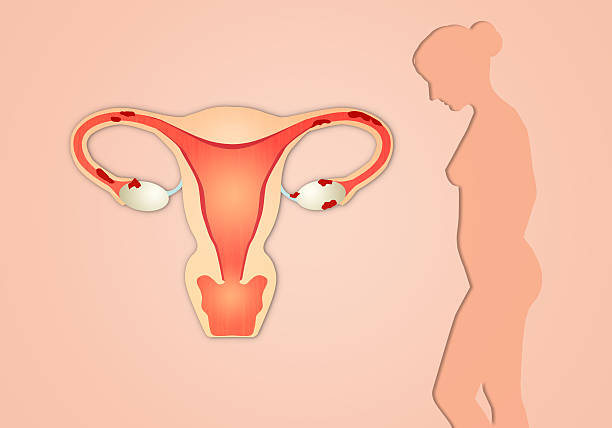- About us
- Specialties
Infertility Treatments
Gynaecolgic Surgery
High Risk Pregnancy
Obstetrics
Donor Programs
- News & Events
- Academic Activities
- Blogs
- Contact us

Unilateral Structure: A unicornuate uterus is characterized by the presence of only one functional half of the uterus, which can impact reproductive health and fertility.
Types: There are two types of unicornuate uterus – communicating and non-communicating. In a communicating unicornuate uterus, the uterine cavity is open and communicates with the contralateral horn. In a non-communicating unicornuate uterus, there is no communication between the horns.
Impact on Fertility: Unicornuate uterus may be associated with an increased risk of infertility, recurrent pregnancy loss, and preterm birth. The reduced size of the uterus may limit the space available for fetal development.
Diagnosis: Diagnosis is typically made through imaging studies, such as ultrasound, hysterosalpingography (HSG), or magnetic resonance imaging (MRI).
Treatment: Treatment options depend on individual circumstances and reproductive goals. In some cases, women with a unicornuate uterus can achieve successful pregnancies with close monitoring and, if necessary, assisted reproductive technologies.
Pregnancy Management: Women with a unicornuate uterus who become pregnant may require specialized care and monitoring. Preconception counseling and close antenatal care can help mitigate potential risks.
Individualized Care: Management of a unicornuate uterus is often individualized based on the woman’s medical history, reproductive goals, and any associated reproductive challenges.
Copyright © 2024. All Rights Reserved.
Powered By BCC

Copyright © 2024. All Rights Reserved.
Powered By BCC